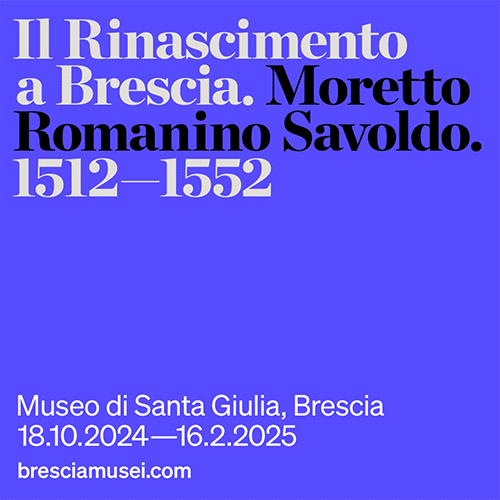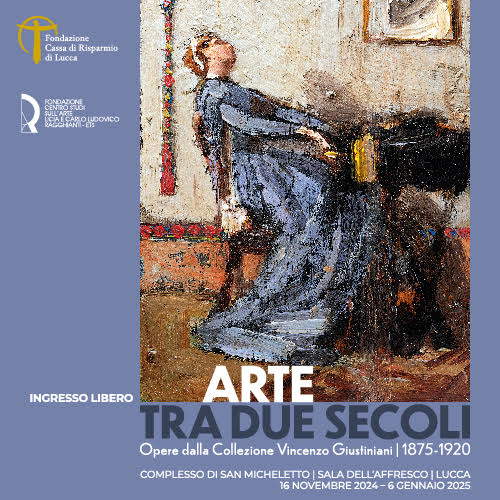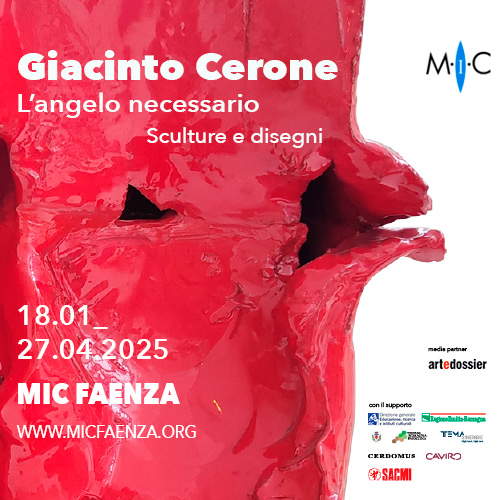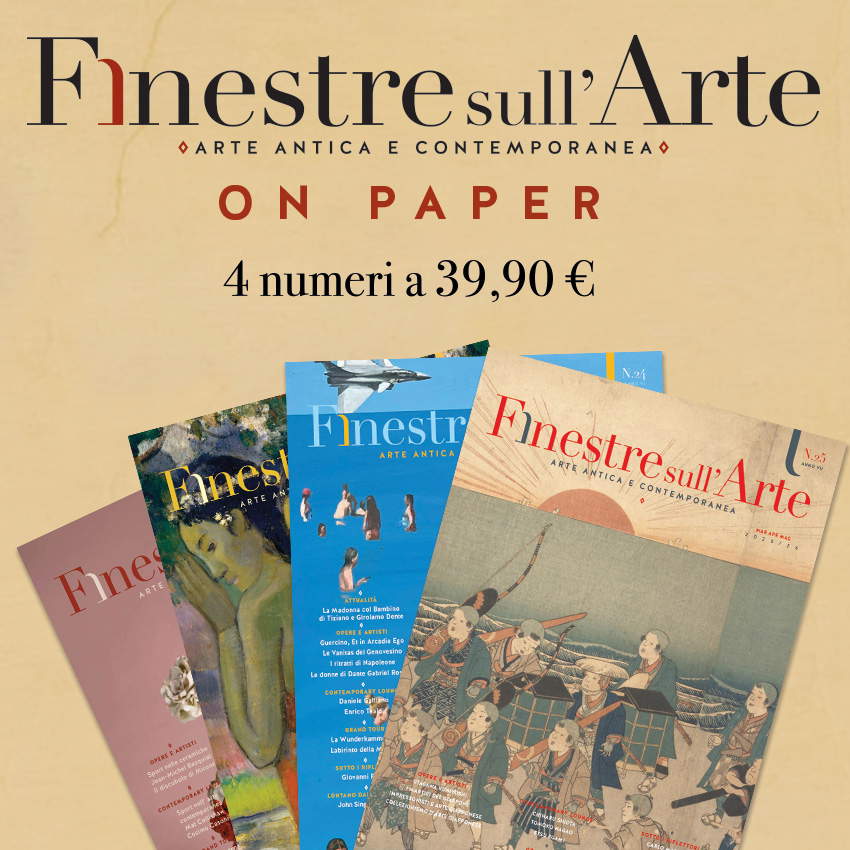Palazzo Te Foundation, online lecture series on cultural Europe kicks off
Fondazione Palazzo Te presents For a Europe of Culture. A scientific, historical and philosophical reflection on the “cultural” meaning of Europe: a series of online conferences among scientists, politicians, jurists, historians and art historians for the proposal of a synthetic statement oncultural Europe and cultural policies in the near future. The project by Fondazione Palazzo Te and Blest - Bocconi University, as part of the Palazzo Te School 20 23 and the 2023 exhibition season of Palazzo Te Mantua: Europe of Cities, will be held on June 6,13,20,27 and July 4 at 5:30 pm. Free participation with mandatory registration at the link: https://bit.ly/3Ntzq1I
The dialogues will later be presented as visual documents and podcasts and will provide the basis for the proposal of a summary statement on cultural Europe and cultural policies in the near future.
Following is the program.
June 6
Mr. Europe. Rubens and the roots of European modernity.
MAURIZIO FERRERA, University of Milan,
discussant RAFFAELLA MORSELLI, University of Teramo
Twenty-five years ago The New Yorker magazine devoted a feature to Rubens, calling him Mr. Europe. His painting of the aftermath of war depicted the condition of Europe at the height of the religious wars. It was the defeat of the u niversalistic humanism that had inspired the action of the political, peace-brokering Rubens. A value system that had promoted the flourishing (commercial and cultural) of that “city belt” between Italy and Flanders that had been the context of Rubens’ own activity. Yet it was from the horrors of the Thirty Years’ War that generated the seeds of a new project of civil coexistence based on tolerance and the free expression of ideas. Depicted as a woman with tattered garments and arms ver so the sky, the Europe of Rubens’ painting would find its soul and vocation in that project. And three centuries later the six countries crossed by the city belt will give that project a new institutional expression, the European Union.
June 13,
On time: the founding narratives of the European Community
CATHERINE DE VRIES, Bocconi University
discussant FRANCESCA CAPPELLETTI, Borghese Gallery, Rome
For the European project to meet current challenges, such as climate change, economic instability, political polarization or the crisis of the rule of law, Europeans must confront their past. The talk will examine the different founding narratives of the European Union and outline how they cont inue to shape European politics today. History is not just the memory of events, but represents the connections that the public and elites wish to make. To develop policy solutions to cross-border issues, today’s Europeans must therefore critically review the connections of the past and uncover its blind spots. If Europeans would reexamine the founding narratives of the European Union, they might also understand what should change in it.
June 20,
Europe: a “state of mind” beyond cultures and identities
RIVA KASTORYANO, Science Politique, Harvard
discussant STEFANO BAIA CURIONI, Fondazione Palazzo Te
What is Europe? A geographical space or a civilization? An economic or political project? A new historical reality or a philosophical thought? These questions and many others accompany our understanding of Europe and its transformative power over identities-different and multiple-that have consolidated within individual states-nations. States and societies engaged in the formation of a European state of mind seek to express their “will to live together” (Renan on the definition of citizenship). Historians seek to find a common past justified by a shared history of civilization, a common path of political modernization and economic development. The goal is to transmit a European identity to new generations considering the role history plays in defining the future of nations and a new identity that has boundaries to be defined. As French sociologist and philosopher Edgar Morin pointed out, “Europe-called our community of faith-does not emerge from the past, which contradicts it. It emerges with difficulty from the present because it is imposed by the future.” The past refers to identities that have been constructed through the process of nation-building. Hence the debates on the effect of the Union on national, regional, linguistic and religious identities and, of course, on a European identity that encompasses them all. The issue to be explored is how to articulate the multiple and complex belonging of individuals, groups and peoples so as to form a common identification that is European, rather than how to create a new identification that sees Europe as a new space of mobilization and claim. Europe is de facto a plural place where all national cultures impose themselves. A European state of mind requires a new model of society, naturally plural and based on defined principles with respect to new articulations, in order to create a common culture beyond nations and states.
June 27,
"Indifference We Trust. The intercultural foundations of European law
DAMIANO CANALE, Bocconi University
discussant CRISTINA LOGLIO, Europa Nostra
One of the hallmarks of European culture is its “polemical” character. From the dawn of Greek philosophy to the present day, the proprium of the European outlook on the world is represented by the dialectical confrontation between different instances, on l whose mutual recognition depends their aspiration to the universal. This is true not only in the fields of philosophy, art and religion, but also in politics and law. Indeed, the eminently dialectical and plural dimension of European culture is also the background to the project of a common European space born after World War II, the challenge of which is still today to harmonize different political and legal instances in continuous dialectical confrontation with each other. My inte rvention aims to show how the “polemical” character of European culture has found shape in European Union law, and under what conditions the latter can remain faithful to its mission in the face of the challenges of the present.
July 4,
Law and Culture in Europe
LORENZO CASINI, IMT Lucca
discussantSTEPHAN SIMON, Rathgen-Forschungslabor, Staatliche Museen zu Berlin-PreuiBcher Kulturbesitz
From a legal perspective, cultural heritage can reflect different meanings. For each, Europe represents an important transformative factor. How has Europe influenced the evolution of cultural heritage and its regulation? What are the future challenges for an authentic European culture?
The lectures on June 13, June 20 and July 4 are in English.
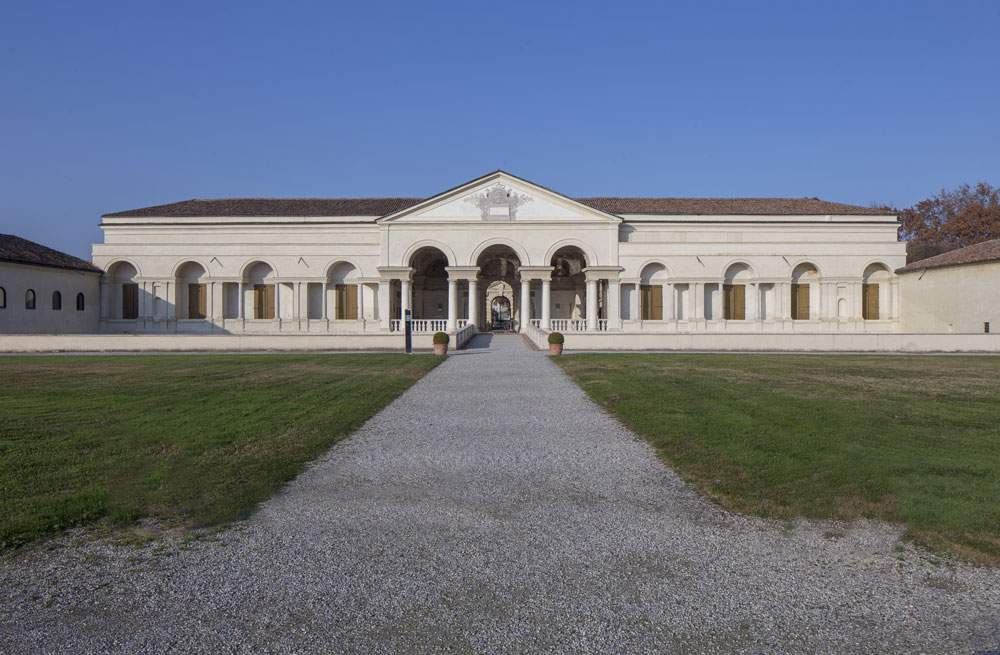 |
| Palazzo Te Foundation, online lecture series on cultural Europe kicks off |
Warning: the translation into English of the original Italian article was created using automatic tools. We undertake to review all articles, but we do not guarantee the total absence of inaccuracies in the translation due to the program. You can find the original by clicking on the ITA button. If you find any mistake,please contact us.






